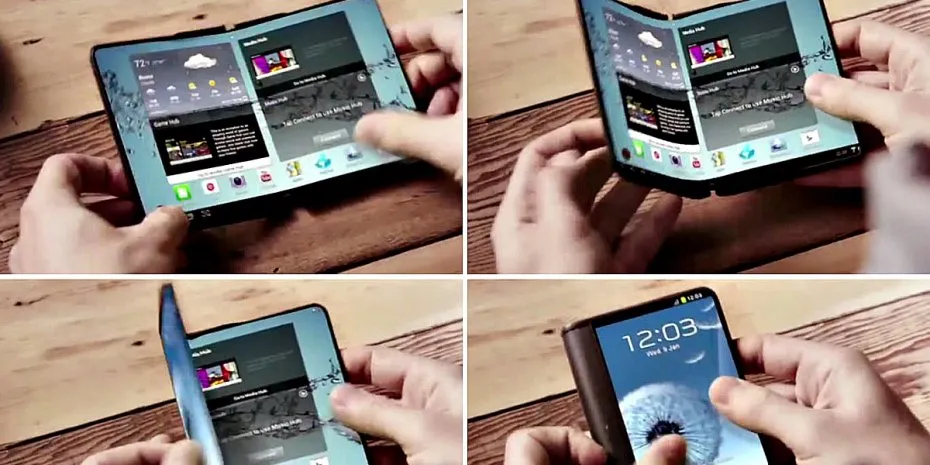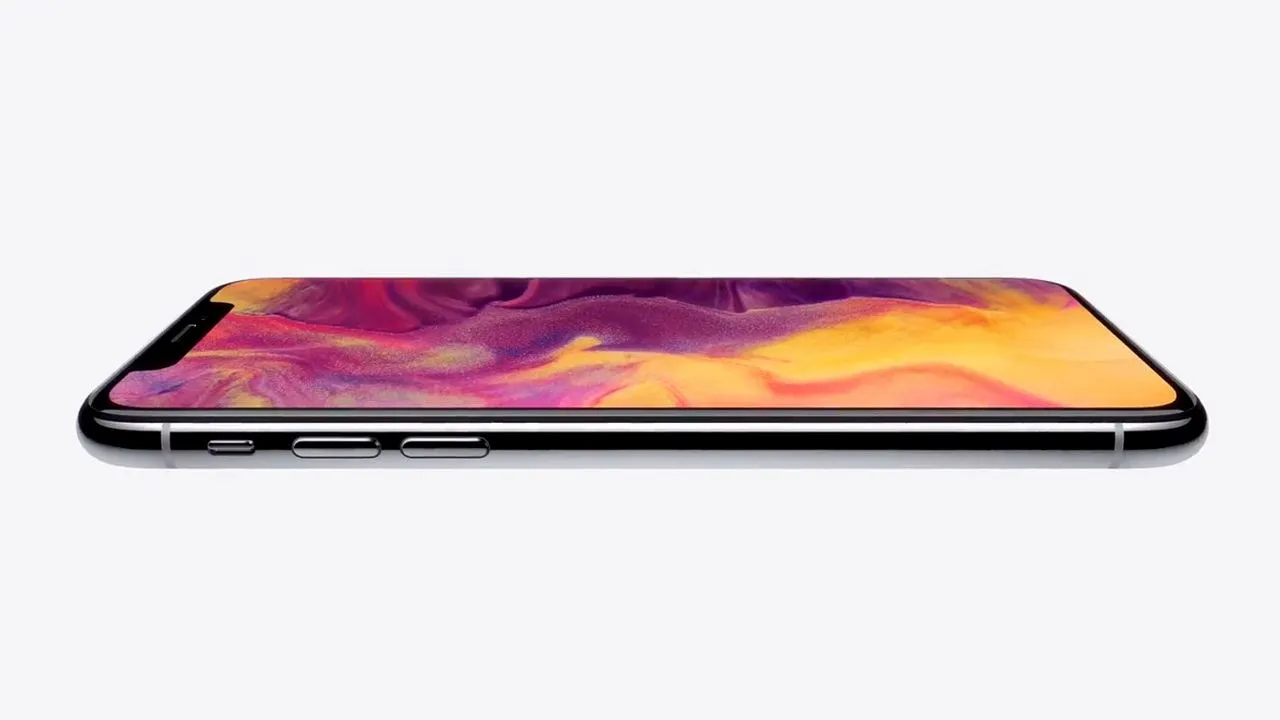
Last week saw a lot of buzz in the consumer tech space as Apple released the iPhone 8, 8 Plus and an entirely new iPhone X in the first ever event held at its new headquarters.
Although most of the details about the new phones were already known, they were still met with fanfare (mostly) by reviewers, especially the iPhone X which marks a definite shift for Apple’s flagship product and maybe the entire smartphone industry.
Although the many, many tech companies have been trying to best each other by providing cutting edge tech in their smartphones, for the last few years, the whole space feels kind of stagnant right now, though the incremental updates over the years sure add up to become meaningful advancements.
One of the reasons for it could be that, we as consumers, simply can’t think of anything new that these companies could possibly do to keep us buying new phones. I mean we can already do a million things on our phones, today. So, what else is left? As it turns out, a lot!!
Augmented & Virtual Reality
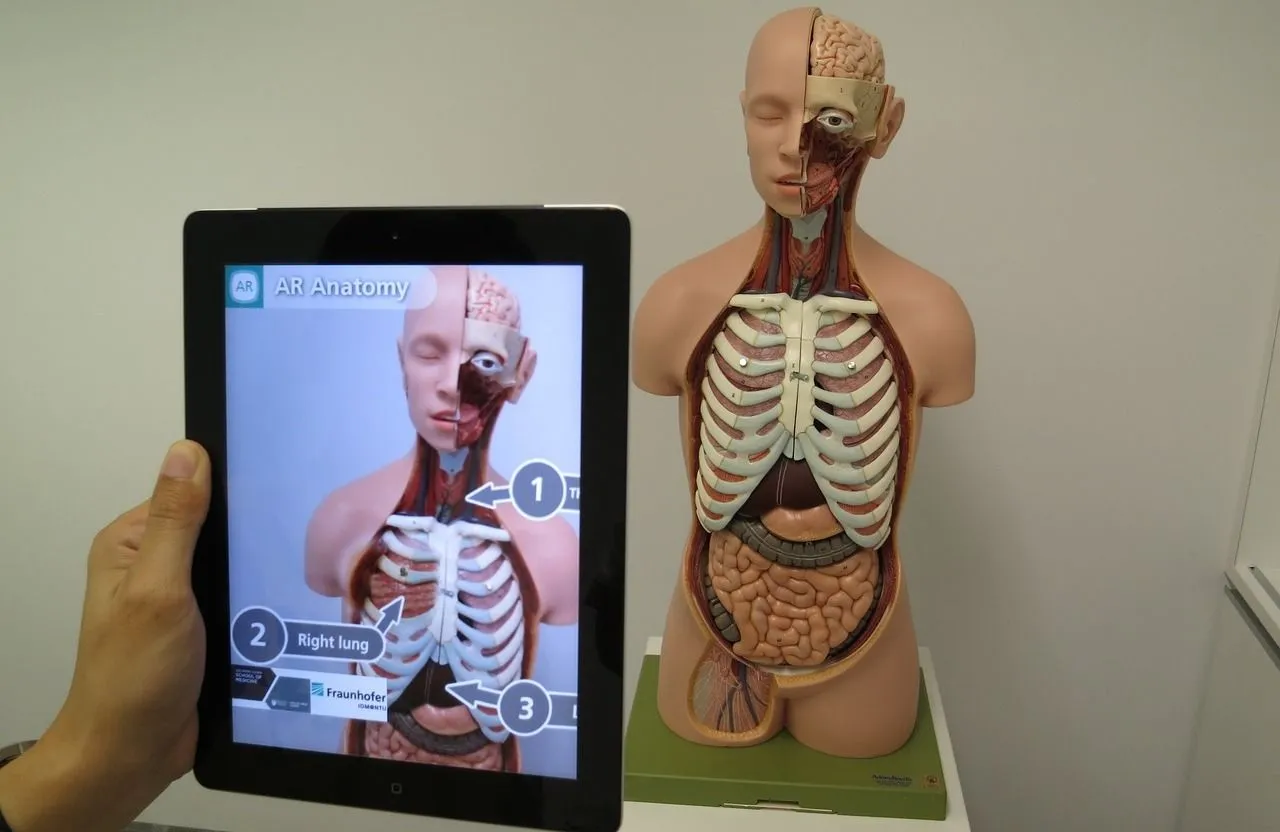
AR and VR are two of the most exciting emerging technologies right now. They are not smartphone exclusive whatsoever and already work well with dedicated headsets with standalone smart glasses in the works that might one day even replace smartphones altogether.
That is still a ways off into the future and so, smartphone makers are quickly equipping their phones with AR and VR capability. This will ease the average consumer into this new world within the familiarity of the smartphone.
AR/VR are totally different experiences and interfaces to computing that allow for easier and more interactive access to information where the virtual objects are overlaid into the real world (in case of AR) or you are taken to a virtual world (in case of VR).
Having such powerful technologies in the palm of our hands will allow us to do things that we couldn’t have even imagined before and it will make life and work a whole lot easier.
Batteries & True Wireless Charging
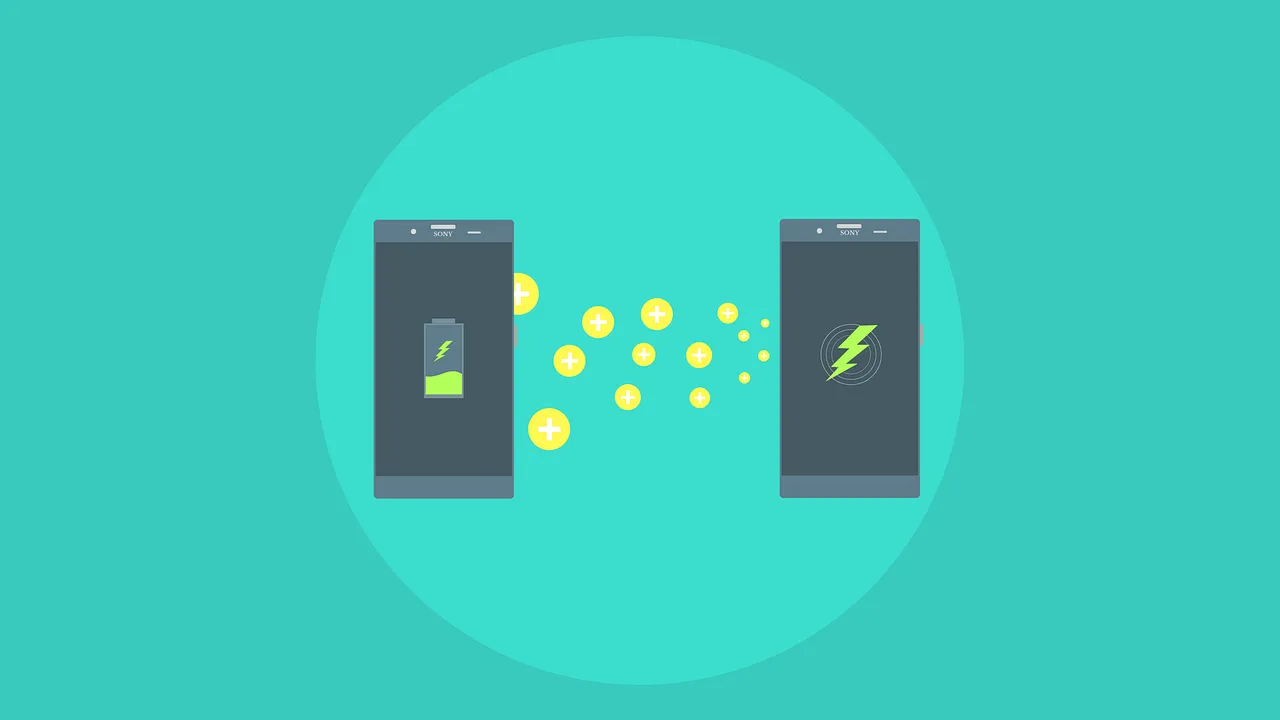
Smartphones today have one major flaw, and it’s that of their battery capacity. They are so advanced and can do so many things and we use them so frequently, that the battery just doesn’t last as much as we would like it to.
This forces us to reach for our chargers or charging mat too many times to be justified for the 21st century modern world. Things like inductive charging, which companies are marketing as wireless charging have helped, but we need a more advanced solution.
There are two ways this will be done in the coming decade. First off, newer battery technologies could finally see the light of the day which last for at least a week and second, we will finally witness true wireless charging that works like wi-fi.
Imagine a phone that can charge a long distance away from the charger. This would essentially end the battery woes once and for all because even if you had a low capacity battery, it could be kept charged all the time and worrying about charging would be a thing of the past.
More Speech Based
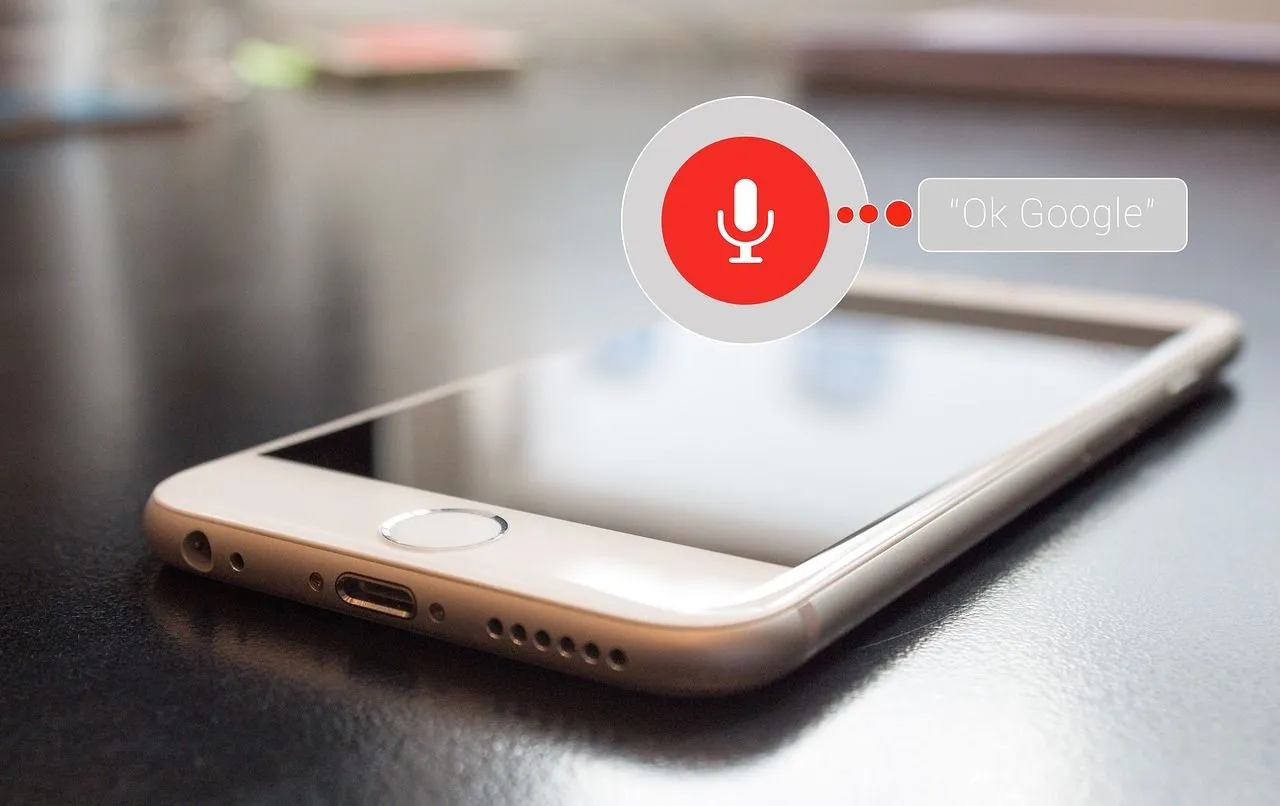
Smartphones are so mass adopted today because they engage our senses and are therefore natural to use. They have killer displays that engage sight, we are able to touch our content as they have touchscreens, and now we are also able to speak to them in a manner that they can understand and respond to our requests.
Virtual assistants like Siri, Cortana, Alexa, Google Assistant, all started out more like gimmicks that let you do a few things, but over the past few years, thanks to machine learning and other technologies, they have all become so much more capable and a lot more useful.
This is a growing trend in the smartphone industry which is pushing us to use our voice for more and more of the tasks we want to achieve with our smartphones and I think it is by far the most natural way we can interact with technology. I mean, just speak and it shall be done. Almost magical, isn’t it?
Technology should be invisible yet functional and this allows for exactly that. With our offices and homes increasingly going smart with all the smart appliances, having to use our phones with fingers for each one would be a lot of work. Therefore, speech seems to be the natural direction going forward.
Foldable Screens
Foldable screens have been in the prototype stage for quite some time now but as technology progresses, we might see a foldable smartphone not too long from now.
This has been very difficult to do mainly because of the limitations of other parts of a phone like the circuit boards and batteries, but scientists have been trying to make these flexible as well.
Foldable screens could free us from having multiple devices and could be our one stop shop for all things digital. Just think about it, a single device could be your smartphone, your tablet, and even your laptop, all because you can fold the screens into multiple sizes!
Storage wouldn’t be an issue as those have gotten really advanced, charging wouldn’t be an issue when true wireless charging is here, and processing power wouldn’t be an issue as chips are really advanced now and will only get faster and more powerful, allowing for a less complicated digital footprint.
